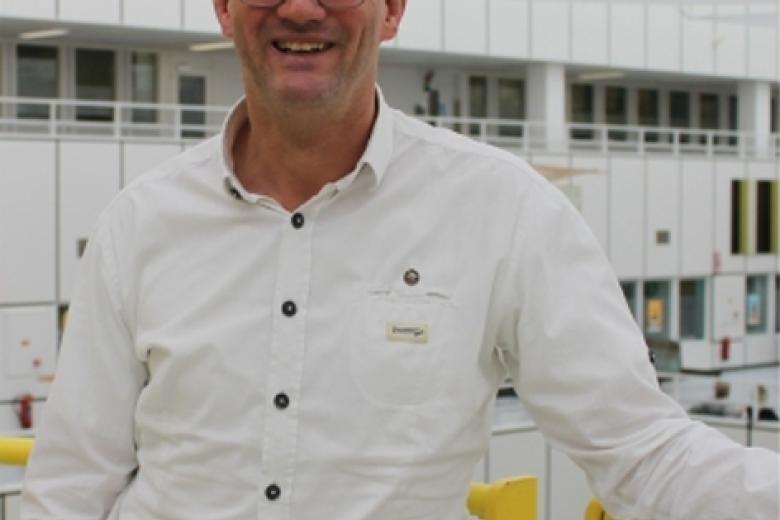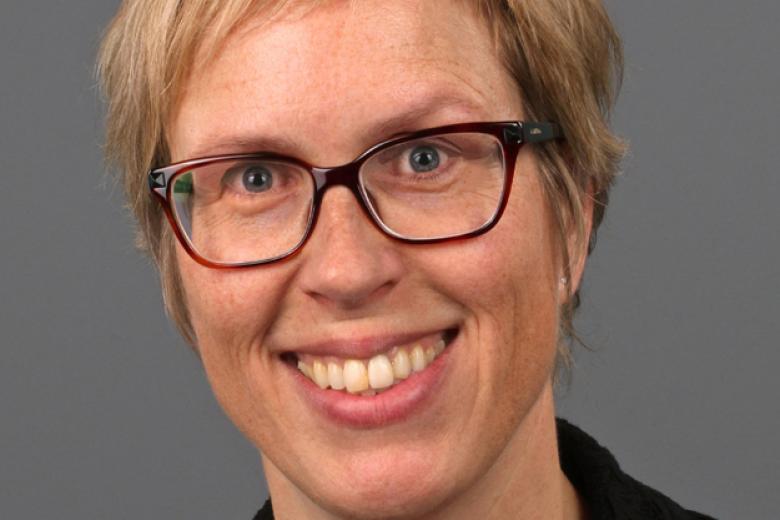MaCSBio's Michael Lenz's Article published
Principal components analysis (PCA) is a common unsupervised method for the analysis of gene expression microarray data, providing information on the overall structure of the analyzed dataset.

Principal components analysis (PCA) is a common unsupervised method for the analysis of gene expression microarray data, providing information on the overall structure of the analyzed dataset.

MaCSBio's director of education Bert Smeets has been interviewed for the Dutch serie: 'Research Loont' (translation: 'Research pays off') about the unraveling of genetic causes of hereditary metabolic disease among children.

Chris Evelo (ELIXIR Netherlands) is the new co-leader of the ELIXIR Interoperability Platform, replacing Barend Mons, the Head of Dutch ELIXIR Node. Evelo joins Helen Parkinson (EMBL-EBI) and Carole Goble (ELIXIR UK) in leading the Interoperability Platform.

Carlos Cadena Gaitan, gepromoveerd aan de UM en als affiliated researcher verbonden aan UNU-MERIT, is een van de zeven wereldwijde genomineerden voor de Inspired Leadership Award.

The Aachen-Maastricht Institute for Biobased Materials (AMIBM) is getting started at the Brightlands Chemelot Campus. At an on-campus meeting on Wednesday 6 November, the initiators, Maastricht University (UM) and RWTH Aachen University, presented the professors who will be joining the AMIBM project...

Professor Ilja Arts, scientific director of the Maastricht Centre for Systems Biology (MaCSBio), announced at the first MaCSBio Science day on 17 May that the institute would focus on two research lines: systems medicine of chronic diseases and computational and systems neuroscience.

This year, the buildings 1 & 4 will be prepared for accommodating startup companies and AMIBM (Aachen-Maastricht Institute for Biobased Materials). The current users (DSM ACES and DBIS) have already moved to other offices and facilities (or they will shortly) and a major renovation of these...

Begin dit jaar zijn twee nieuwe grootschalige onderzoeksprojecten van start gegaan binnen het Department of Data Science and Knowledge Engineering (DKE) van de Universiteit Maastricht.

Met terugwerkende kracht per 1 september 2015, heeft het Department of Knowledge Engineering een nieuwe naam: Department of Data Science and Knowledge Engineering. De afkorting DKE blijft ongewijzigd.
